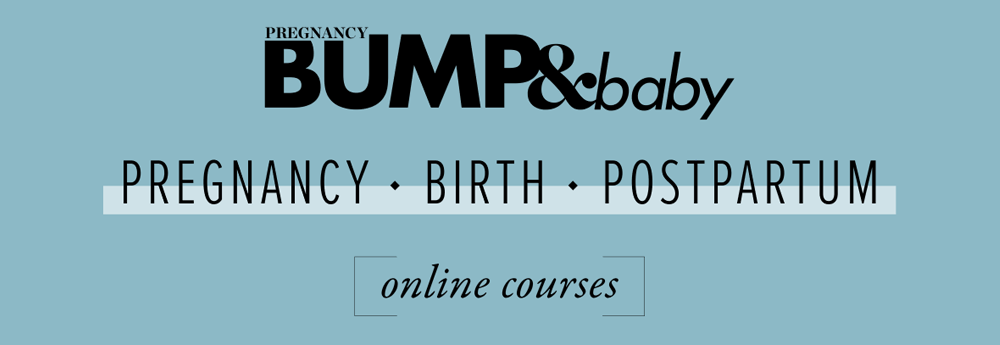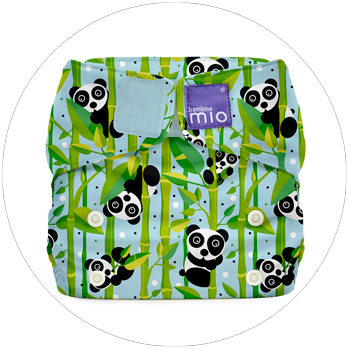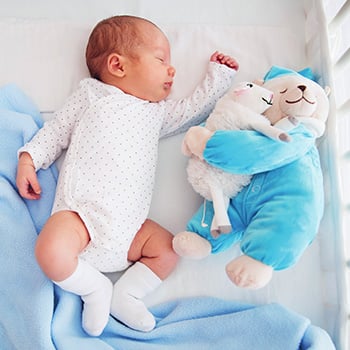
The idea of a worried, anxious, or stressed-out newborn would seem unnatural to many new parents. After all, what would a baby be stressed out or anxious about?
At the very least, it is saddening to think such young minds would have anything to worry about.
Unfortunately, in a world where many adults are suffering from the effects of a highly stressful life, the rise of anxious babies is something we are seeing all around the world, and something that I definitely see as a wellness practitioner caring for babies ranging from newborns through to toddlers and children in my central Auckland practice.
What are anxious babies?
Anxious babies are usually brought in by their parents with the concern that their baby “just seems unhappy.” They are babies who are a few weeks old right up to toddlers, whose expressions, features, and behaviour make it seem like the whole world rests on their tiny little shoulders.
I am not talking about babies and children who have a healthy range of emotions, who cry when and as needed and go through the day with the spectrum of emotions one would expect from your little bundle of joy: Happy, grumpy, sleepy, hungry, windy, satisfied. These are, instead, babies who are often crying and, if not crying, are grizzly, unsettled, clingy, and appear to be in distress most if not all of the time. Often this is accompanied by physical symptoms, babies who appear to be in pain, have reflux, colic and poor digestion, or babies who are failing to thrive, appearing unhealthy or failing to put on weight.
What causes anxious babies?
As mentioned above, there is often a correlation with physical or medical issues such as silent reflux, poor digestion resulting in painful wind with each feed, or babies who do not sleep and are overtired and irritable, resulting in babies who are now anxious and upset due to the trigger or memory of pain. However, the other side of the coin that we deal with are symptoms that are created as a result of an emotional or stress response in their environment.
It may be hard to fathom that babies could have such drastic responses to stress; however, we must remember that babies and children use nonverbal communication for the first few years of life. This means that no matter what you say in front of or around your baby, what they pick up on is the energy, the environment, and the “vibes” that go on in the home and especially from their parents.
I have looked after babies whose mothers had highly stressful pregnancies, had marriages that have broken up while mum was pregnant, babies born in situations where a family member had just passed away or been diagnosed with a terminal illness, highly stressful family dynamics, or high levels of financial as well as emotional stress. These are all real situations into which babies are born. It does not surprise me at all that these highly aware and sensitive beings pick up on these environmental stresses and outwardly display signs of stress, worry and anxiety.
Stress breeds stress
Unfortunately, you can’t pretend stressful or traumatic things are not happening when, in fact, they are. Stressed-out babies who don’t feed well, don’t sleep well, and are highly dependent on Mum creates mothers who are then even more stressed and go into a physiological stress response themselves, surviving on little sleep, poor diets, and often starting to feel anxious and depressed themselves. This causes a cycle where baby picks up on Mum’s anxiety, which reinforces to them that something is wrong and heightens their stress response and stress behaviours, which of course further pushes Mum into worry and anxiety about whether her baby is okay and what she should be doing to help him or her.
Most of the time when I start looking after a baby, I end up seeing Mum, too, and helping her clear her emotional blocks or stress responses. The results of this are so profound that I have found the sooner we work on Mum or, if possible, both parents, the quicker the symptoms resolve, and I usually end up working on the entire family unit or both Mum and Baby in the same session.
What to do if you suspect your baby is emotionally stressed
If you have a baby that:
- Is constantly upset
- Appears worried or distressed despite having no reason to be
- Is underweight or failing to put on weight
- Has high levels of separation anxiety
- Does not sleep well regardless of what you have tried
- There has been stress in the home or throughout pregnancy
- There is no medical reason for the above behaviours
Then it may be beneficial to seek the help of a holistic practitioner who is familiar with these issues and that you feel comfortable and confident with. In my practice, I use a combination of my own “Body Whispering” alongside Neuro Emotional Technique, kinesiology, and muscle testing to find out what is going on for Mum and Baby, what and where they are storing stress in their bodies, or what the recurring stressor is. We then eliminate that pattern from their emotional memory.
These techniques are gentle, effective, and non-invasive, yet the results are truly profound. I cannot tell you how highly I recommend utilising tools and practitioners who incorporate emotional health and healing into the equation when looking at what is required for our little ones
Because no matter what our age, we are, after all, whole beings with emotional, mental, and spiritual needs, not just physical bodies.
Dr Adeela Afiz is the director and Principal Chiropractor at Vital Chiropractic – Family Wellness Centre in Auckland. She is also the founder of Body Whispering with Dr Adeela Afiz and Co-Presenter of the Essential Baby Help Workshops.
BUMP&baby
BUMP & baby is New Zealand’s only magazine for pregnancy and early babyhood. Our team of mums and mums-to-be understand what it’s like to be pregnant in this connected age, and that’s why BUMP & Baby online is geared toward what pregnant women and new mums really want to know.
Other articles of interest
Bambino Miosolo All-in-One Reusable Nappy
You may not know this, but you’re supposed to flush poo down the toilet even when you use disposable nappies, not bundle it up with the nappy to throw away.







